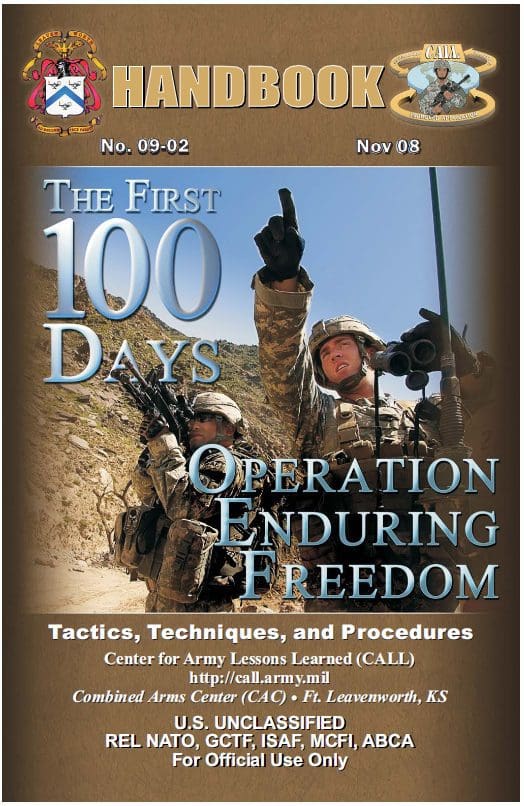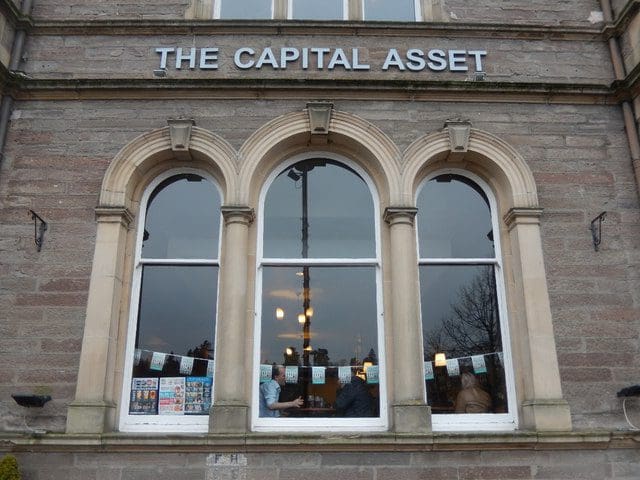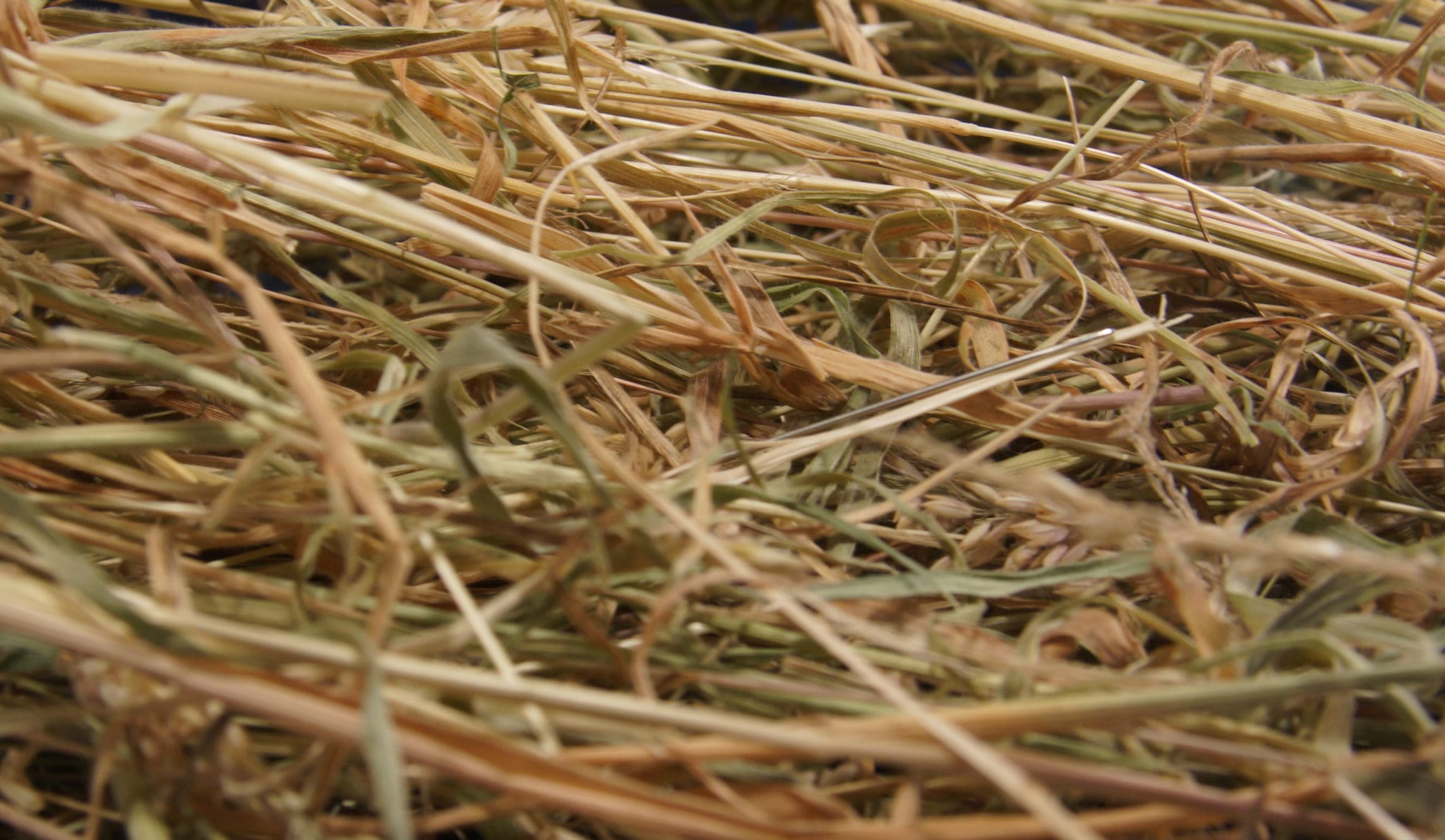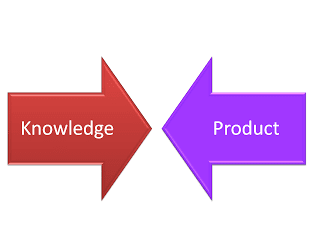
Favorite For any tasks or activities or conceptual frameworks which have to last beyond the limits of the reliability of human memory, you need to start to build a documented Body of Knowledge. Image from wikimedia commons Using human memory as a long term store of knowledge is a risky
Read More
 Shared by Nick Milton January 24, 2022
Shared by Nick Milton January 24, 2022

Favorite You know how quickly you can zoom into your house on Google Earth? Can you zoom into your organisational knowledge just as easily? You can browse to your house very quickly on Google Earth. First you find your country, then your city, then your suburb or village then your
Read More
 Shared by Nick Milton February 5, 2021
Shared by Nick Milton February 5, 2021

Favorite Here’s a great example of a Knowledge Asset created to fill a critical knowledge need. Sometimes a KM team needs to take the lead in creating (or facilitating the creation of) a knowledge asset to fill a knowledge need. This is an example from the US Army where this
Read More
 Shared by Nick Milton November 27, 2020
Shared by Nick Milton November 27, 2020

Favorite I have been having some interesting discussions recently about Knowledge Assets. What are they, and what do they look like? Image from Geograph.com “Knowledge Asset” is a loosely defined term, which means many things to many people. One viewpoint is that a Knowledge Asset is an area of valuable
Read More
 Shared by Nick Milton June 15, 2020
Shared by Nick Milton June 15, 2020

Favorite If you want people to find your needle, don’t put it in a haystack. And if you want people to reuse your knowledge, but it somewhere where it can easily be found. One of the companies we work with collects knowledge as “case studies”. Currently there are over 20,000
Read More
 Shared by Nick Milton March 25, 2020
Shared by Nick Milton March 25, 2020

Favorite The concept of a Knowledge Product is a common one in the development sector, and is used as a label for many types of document. But what makes a product a “knowledge product”? Many organisations working in the development sector create what they call “Knowledge Products”. The African Development
Read More
 Shared by Nick Milton January 16, 2018
Shared by Nick Milton January 16, 2018
Favorite The way we write reports, especially scientific reports, is not the way we should write Knowledge Assets in a Wiki. Image from MaxPixel I am consulting with a firm which is moving much of its current knowledge into wiki format, on order to take it out of the document
Read More
 Shared by Nick Milton May 17, 2017
Shared by Nick Milton May 17, 2017
![]() Shared by Nick Milton January 24, 2022
Shared by Nick Milton January 24, 2022





